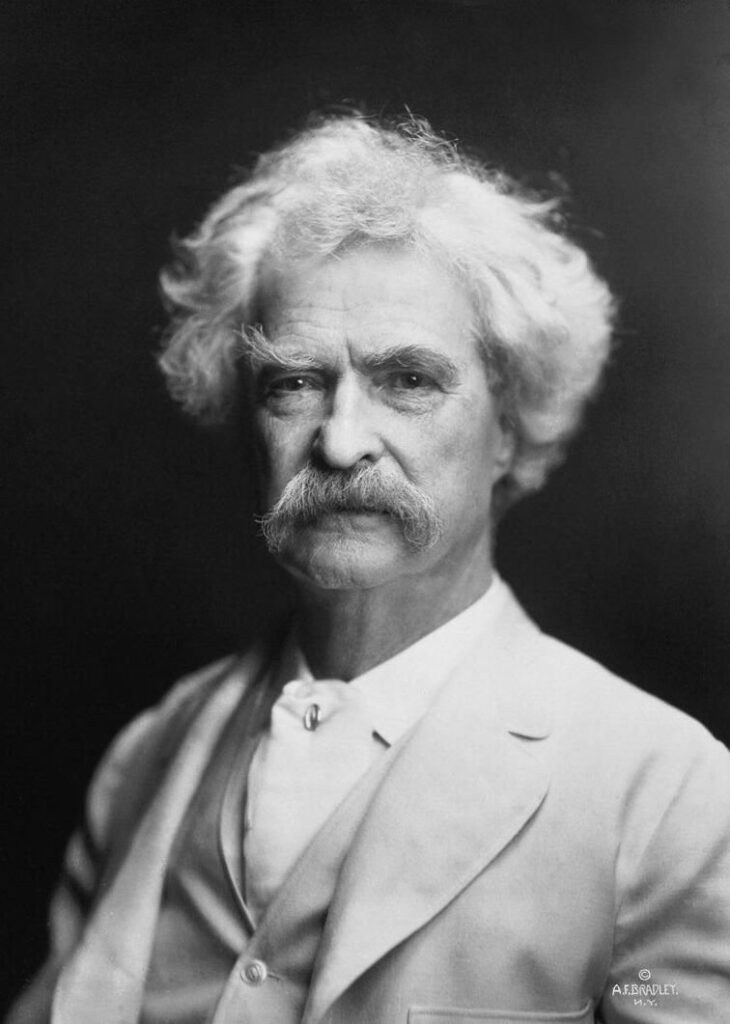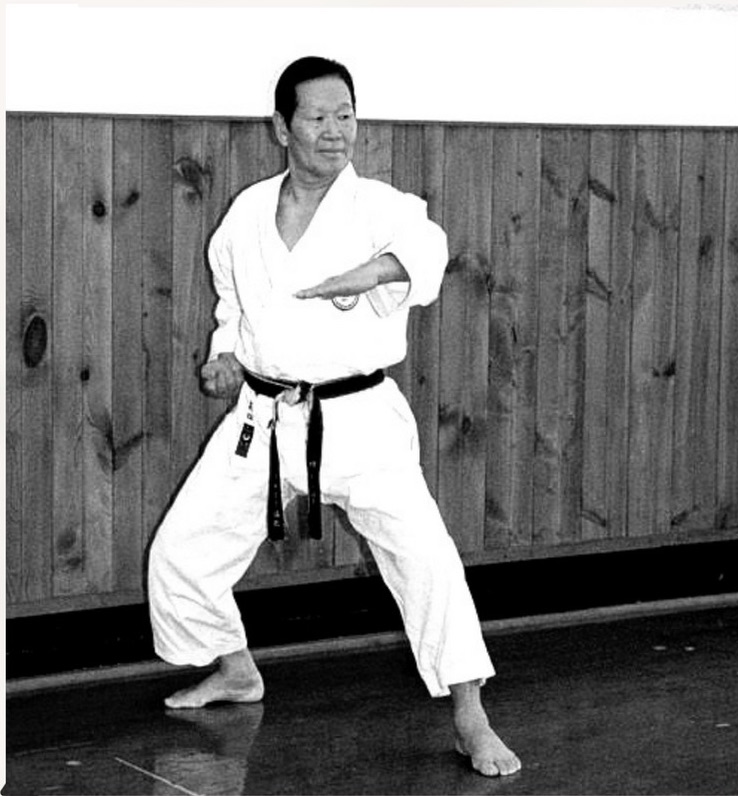
Mark Twain photographed by A. F. Bradley in New York, 1907
“Within the last quarter of a century, in America, several sects of curers have appeared under various names and have done notable things in the way of healing ailments without the use of medicines. There are the Mind Cure, the Faith Cure, the Prayer Cure, the Mental Science Cure, and the Christian-Science Cure; and apparently they all do their miracles with the same old, powerful instrument—the patient’s imagination. Differing names, but no difference in the process. But they do not give that instrument the credit; each sect claims that its way differs from the ways of the others.”
Mark Twain, born on November 30, 1835
It is remarkable how Mark Twain’s observation, written in 1907, still applies just the same over 100 years later.


